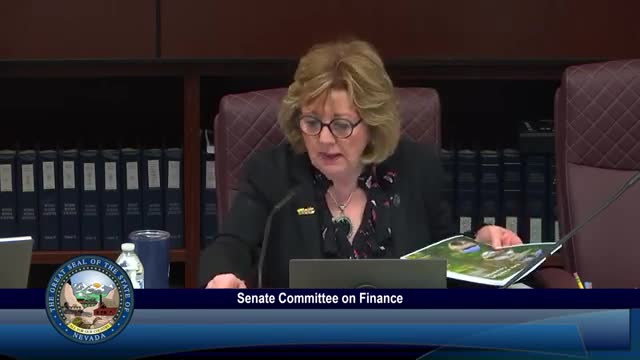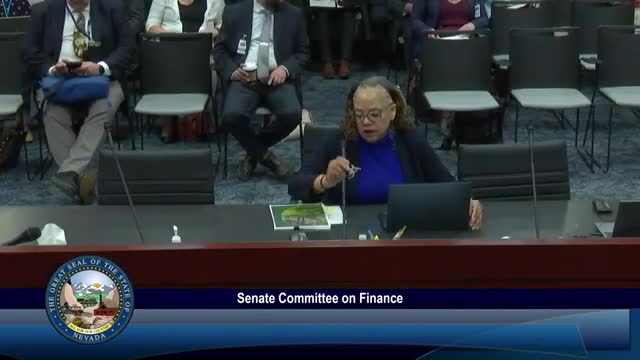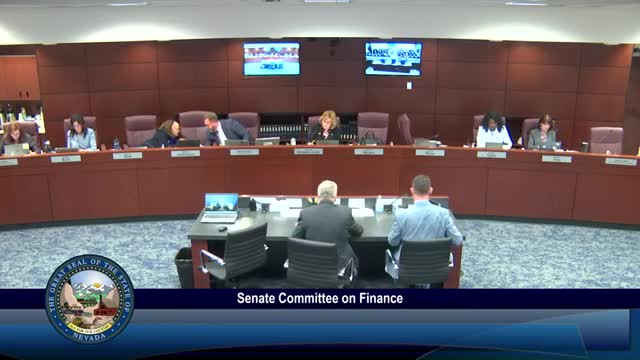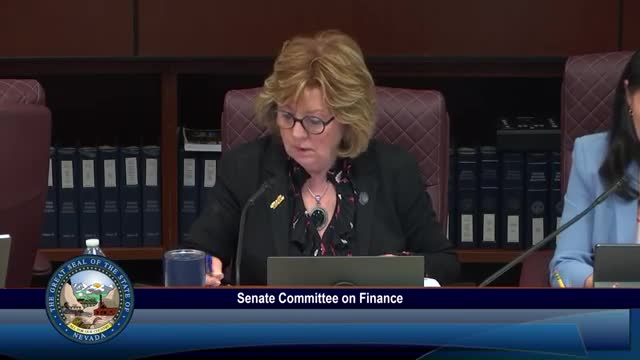Article not found
This article is no longer available. But don't worry—we've gathered other articles that discuss the same topic.

Elections omnibus bill amended after committee questions on electronic ballot access

Senate panel hears request to extend funding for Windsor Park environmental justice project

Senate committee hears bill to raise penalties for DUI deaths; victims and prosecutors urge change

